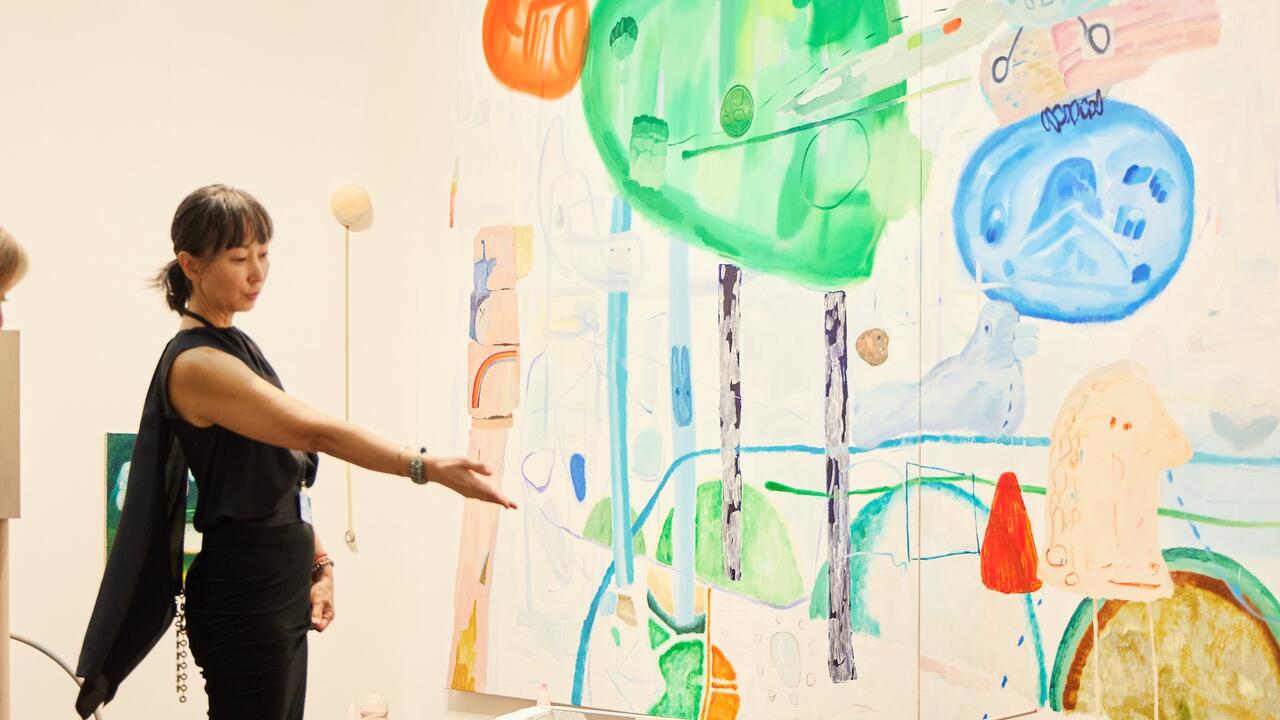Highlights 2013 - Tyler Coburn
Tyler Coburn is an artist and writer based in New York. His current project, NaturallySpeaking, will be included in 'La Voix Humaine' (Kunstverein Munich, 2014) and published in You Are Here: Looking at After the Internet (Cornerhouse Books, 2014).
Tyler Coburn is an artist and writer based in New York. His current project, NaturallySpeaking, will be included in 'La Voix Humaine' (Kunstverein Munich, 2014) and published in You Are Here: Looking at After the Internet (Cornerhouse Books, 2014).

On Saturday, 25 May 2013, Kristin Sue Lucas performed a cold read of Refresh (2007), her successful petition to change her name to Kristin Sue Lucas. Facing the crowd at the ‘Visions of the Now’ festival in Stockholm, an audience member recited the artist’s appeal to the Supreme Court of California, and (rather appropriately) Robert Whitman phoned in the judge’s replies. The cold read offers a reminder of the prescience of the petition, as Lucas’s submission to legal process for the purpose of self-renewal not only reflects a desire consigned to speak in the voice of a juridical subject, but a desire already delimited by the parameters of the online world. Writing about the project in Fillip, Chris Fitzpatrick and Post Brothers read Refresh as a parasitical work, noting that ‘in its noisy obstruction, the parasite reinvents the host, becoming an integral part in the system by forcing it to reorient whatever message the host transmits.’
This argument effectively captures Lucas’s engagement with statutory procedure; making a case for her parasitism vis-à-vis the Internet, however, requires a redrafting of our conception of the host. If the critical dissonance of the parasite stems from its status as an uninvited guest, for example, then what relevance does this figure hold for a field in which we are always invited, necessarily welcome: when the very sustenance of the host depends upon our inclusion?
Lucas’s piece thus provides a helpful ground to consider recent attempts by artists to render themselves uninvited, unwelcome – to assume a mode of relation that, via Fitzpatrick & Post, might ‘reveal the system’s dependency on logics of exclusion.’ This claim by no mean presupposes a standard tactic, though overinvestment and obfuscation have been among those recently discussed. Erica Scourti’s Life in Adwords (2012-13) pursues the former: over the course of nearly a year, the artist e-mailed daily diary entries to her Gmail account, later making webcam recitations of the suggested keywords that each entry generated. Scourti’s flat performance reiterates the affectless operations of the Google AdWords algorithm, even as periodic mention of stress, anxiety and romantic ails allude to an ever-more tenuous subjectivity.

An exemplary case of obfuscation can be found in the Human Readable Type (2013), conceived by Julieta Aranda, Fia Backström and R. Lyon and available for download at www.humanreadabletype.com. Substituting roman letters for homoglyphs, this keyboard layout renders text illegible to automatic search processes. Humans may also have some reading difficulties: the type looks like the result of a chance encounter of Wing Dings and the Fluxkit – to striking effect. For the exhibition ‘尸Γσ₠§§㏌⅁’, as part of ‘The Ends of the Library’ series at New York’s Goethe-Institut Library, the artists deployed the type in a love letter, as well as a list of trigger words for NSA’s Echelon programme. Responding to this diptych on Rhizome, Brian Droitcour wrote, ‘[l]ove and affects are a kind of non-information […] opaque to a search algorithm.’ Parasitically interfering on the plane of machinic legibility, then, also allows the other facets of human communication to pass undetected: no signal and all noise.

There were other highlights from the year that don’t figure cleanly into the above discussion, but nonetheless deserve mention: from investigations of the ancient and neoliberal re-makings of value, respectively, in Erik Wycosan’s Paris Spleen at Laurel Gitlen, New York, and Pedro Neves Marques and Mariana Silva’s Environments at e-flux; to Amie Siegel’s latest film, Provenance (2013), which bears a methodological affinity to recent works by Lucy Raven and Maryam Jafri, reminding that the objects of the world (whatever their present philosophical redetermination) produce both economic and cultural effects in their long routes from manufacture to consumption. Following his authoritative history of Californian Ideology, Fred Turner has recently published a new book, The Democratic Surround, which endeavors to revise trenchant accounts of American liberalism in the early Cold War years. Turner has a great sensitivity to the entailment of technology, culture and politics; looking ahead, Lance Wakeling’s film project Field Visits for Chelsea Manning, as well as The Otolith Group’s sequels to Medium Earth, promise to bring this sensitivity into practice.















